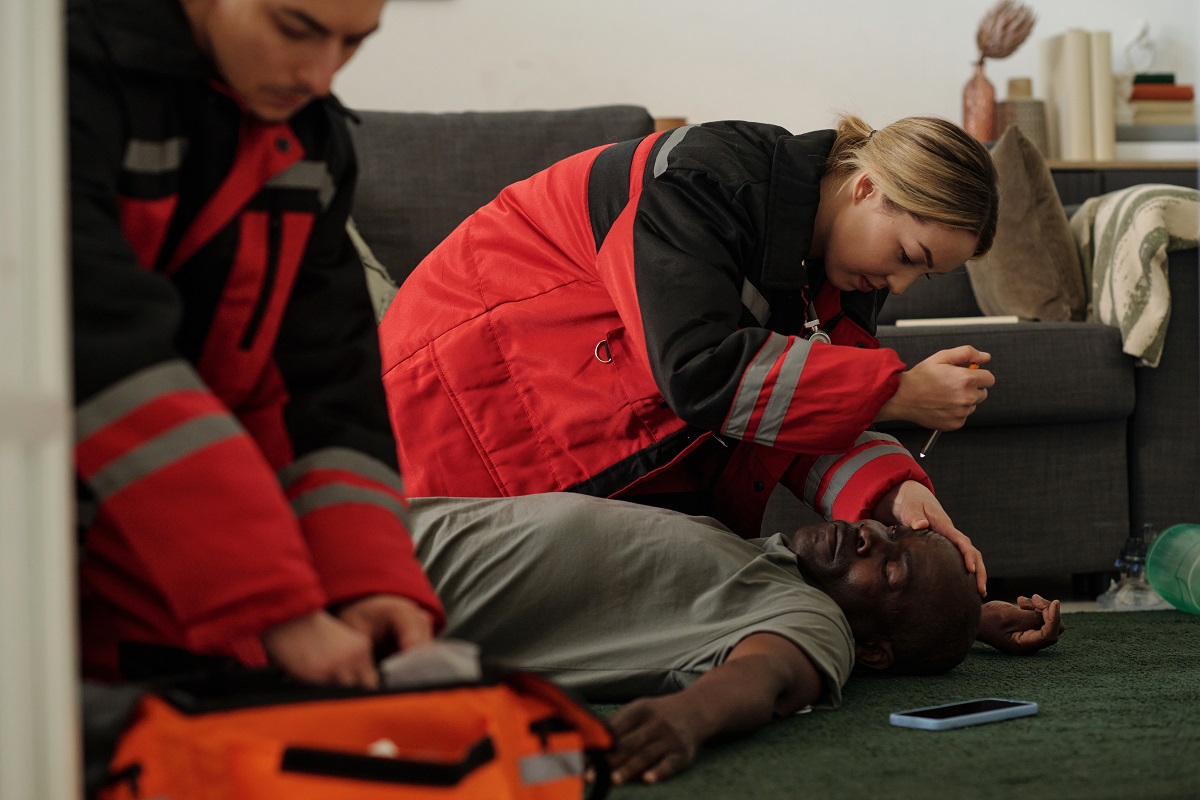
The American Heart Association (AHA) has stated that over 4,00,000 people die of cardiac arrest every year in the USA. This happens because they do not receive appropriate treatment during a medical emergency. The abrupt loss of heart function, along with other major conditions, causes critical conditions. Due to the absence of appropriate medical interventions, the person dies.
Therefore, the American government has highly emphasized the need to learn cardiopulmonary resuscitation (CPR). At the same time, medical professionals, including students and interns, are also encouraged to learn high-quality CPR, airway management, understanding cardiac arrhythmia, and much more. That’s where the Advanced Cardiac Life Support (ACLS) certification comes into place.
Medical opportunities have been growing in a culturally diversified city like Baltimore, Maryland. As reported by CBS News, many families are now encouraging young people to learn CPR after a 25-year-old man suddenly collapsed due to cardiac arrest, and no one stopped. Eventually, those who stopped were not CPR-certified. So, by the time he arrived, he had been out of the hospital for quite a while.
This has brought attention to the fact that ACLS certification is also highly required alongside CPR certification. Medical students and professionals can expand their knowledge of heart health through ACLS training because limited knowledge about heart health has affected many lives. This expansion of knowledge not only provides them with training to deal with cardiovascular emergencies but also mitigates future risks.
What is ACLS?
Advanced Cardiac Life Support (ACLS) is a training program that aims to restore the heart functions of an individual through various methods, like hands-on CPR, airway management, an automated external defibrillator (AED), and so on. This life-saving protocol aims to provide urgent care to individuals having cardiovascular emergencies, including cardiac arrests. So, it extends beyond Basic Life Support (BLS).
Role of ACLS in Public Safety
When it comes to public safety, knowing Advanced Cardiac Life Support, or ACLS, is a blessing in disguise. Suppose you are a medical professional who happens to go out of the hospital setting just to accomplish some personal task. Out of nowhere, you see a man suddenly collapse. As a healthcare professional, your first duty is to provide care to the individual.
This is not just a made-up scenario and is quite common on various streets in the USA. With ACLS training, paramedics and hospital staff can perform this life-saving protocol during an emergency or at the hospital. The appropriate medical intervention during an emergency increases the chances of survival. Not only can it make a difference by saving a life, but it also boosts the confidence of a medical professional, thereby reducing the burden on a hospital setting.
The principal focus of the AHA is to improve the well-being of individuals dealing with cardiac emergencies. The AHA brings out new guidelines related to the Bradycardia Algorithm, Post-Cardiac Arrest Care Algorithm, Tachycardia (with a pulse) Algorithm, and so on. Therefore, healthcare professionals need to keep up with the latest trends in ACLS and get recertified every two years.
ACLS Skills That Healthcare Professionals Acquire:
- CPR training and AED usage
- Knowledge of various cardiac arrhythmia
- Administering medications
- Airway management
- Vital signs of cardiac arrests
- Calling for help
- Teamwork and coordination
- Time management
- Basic Life Support Training
- Stroke management
- Respiratory Management
- Post-cardiac arrest care
- Management of peri-arrest care
- Offering therapeutic hypothermia
- Real-time health monitoring
- Using automated chest compression machines
- Fostering relationships between various healthcare providers
- Recognizing the signs of early medical interventions
Since emergencies are unpredictable, the individual must always be one step ahead with ACLS training. By knowing and providing the appropriate medical interventions, a medical professional can make a difference. By enrolling in the ACLS class, you learn to face challenges to deal with the latest emergency cardiovascular care.

